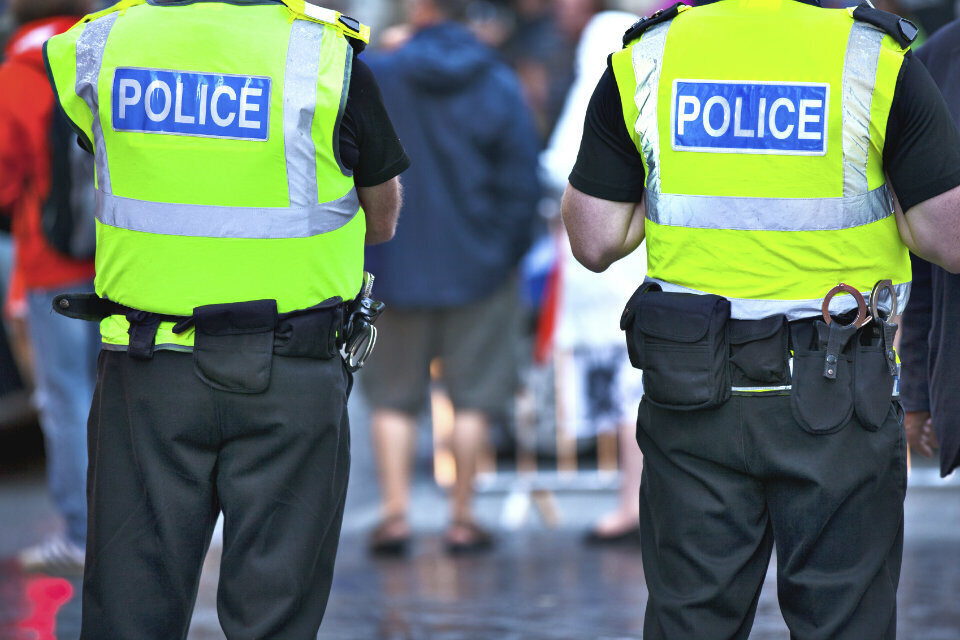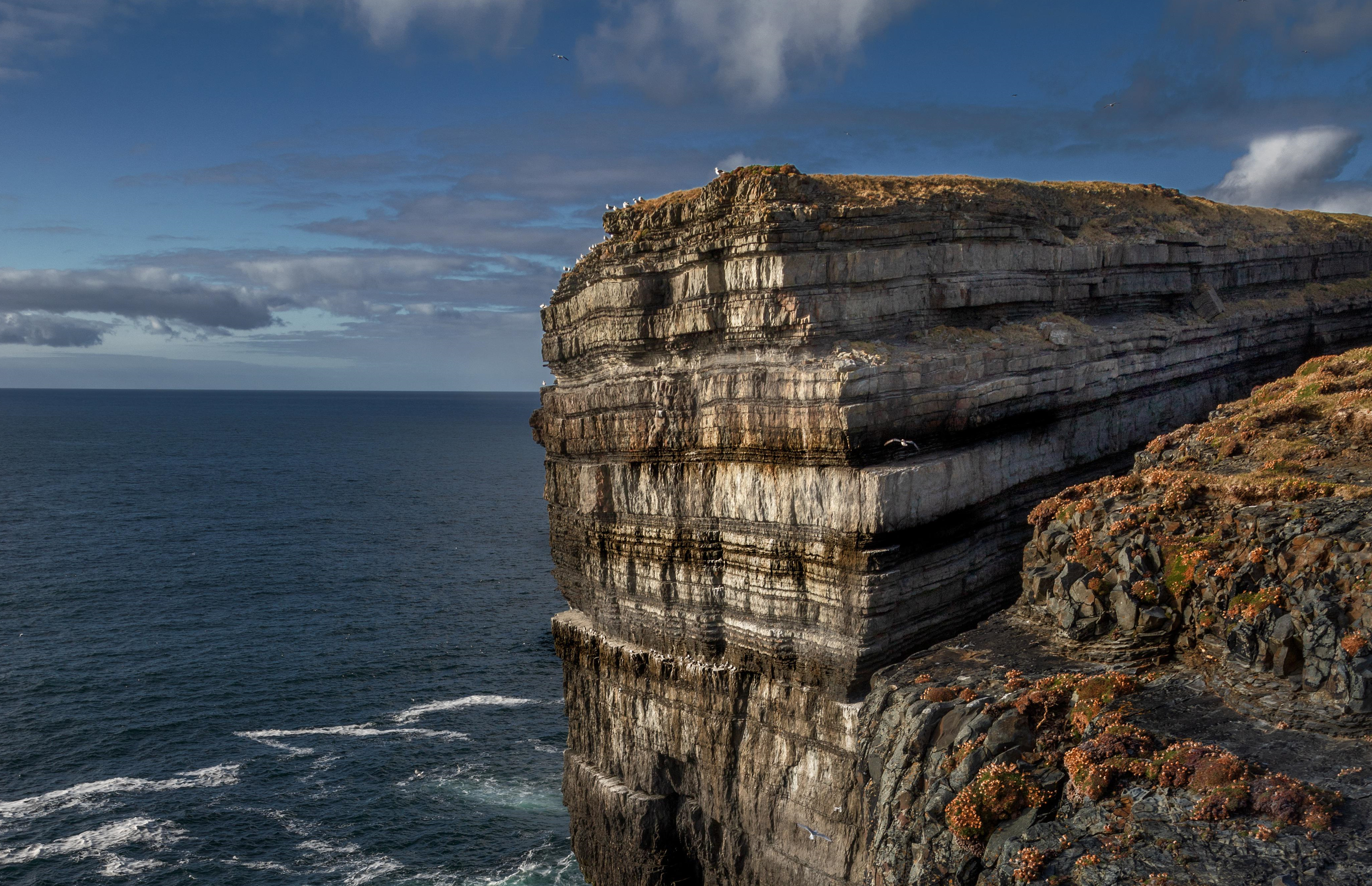Trials to continue despite criticism of earlier efforts from numerous civil society groups
Polling cards with scannable barcodes will be among the voter ID methods trialled during local elections next year.
A total of eleven councils will take part in the pilots. Each of these will experiment with using one or more of four voter ID systems: photo identification; a mix of photo and non-photo identification; traditional paper poll cards; and poll cards with scannable barcodes.
These trials follow a pilot earlier this year in which five local authorities required voters in council elections to bring ID in order to cast their ballot. The government has indicated that these exercises form part of a wider “commitment to legislate on voter ID requirements, and improve the elections process so that our elections are the most secure in the world”.
Related content
- Labour may revisit online-voting policy next year
- US midterms to see first use of digital voting in a federal election
- General election 2017: online voting would boost turnout, study suggests
Announcing the new wave of trials, minister for the constitution Chloe Smith said: “I am pleased to see that so many local authorities came forward to participate in the 2019 pilots, so we can gain a deeper understanding of how voter ID will work on a wider scale – and what works best for voters. We want people to have confidence that our elections are safeguarded against any threat or perception of electoral fraud.”
The trials that took place during local elections in May 2018 prompted representatives of 22 civil society organisations – led by the Electoral Reform Society, and including The Salvation Army, Age UK, Liberty, and the British Youth Council – to pen an open letter to Smith to “urge the government to think again about imposing this risky policy of voter ID”.
The letter’s signatories said that voter ID measures particularly impacted already disadvantaged groups, and represented “a hugely disproportionate response to the type of fraud [they] seek to prevent”.
Ahead of the next year’s pilots, the Cabinet Office said it “is engaging with a broad range of charities and civil society organisations – including members of the Accessibility of Elections Working Group – to ensure that the overall policy reflects the needs of all voters in the UK”.
The next wave of trials will take place during 2019 local elections in Pendle, East Staffordshire, Woking, Ribble Valley, Broxtowe, Derby, North Kesteven, Braintree, Mid Sussex, Watford, and North West Leicestershire.




Like many of y’all on the market, we’ve got a mushy spot in our decrepit hearts for sneakers, and shoes of all sorts, so we’re amassing our favorites from the previous year and sharing them with you below.
He was the primary design director at his family firm, Tiffany & Co., based by his father Charles Lewis Tiffany.
When you and your spouse are filing jointly and also you every have completely different principal houses with certified fuel cell property prices, present on line 7b the tackle of your fundamental house.
30. A lady sits in a lovely blue velvet upholstered chair, conversing with a good friend who stands beside her, one hand on her hip, the opposite resting on the chair.